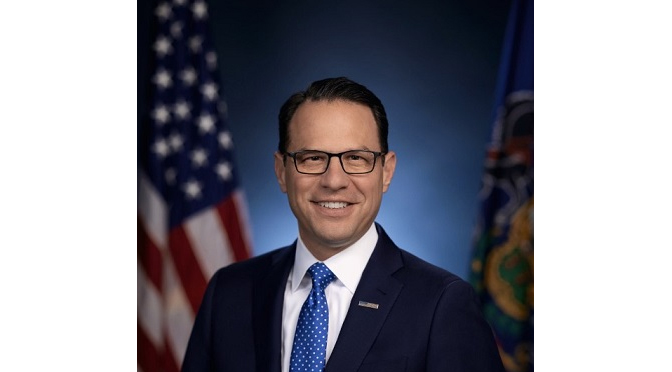Guest Column By: State Representative Greg Vitali
A new governor offers hope that the chronic under-funding of the Pennsylvania Department of Environmental Protection will finally end. This under-funding has compromised the department’s ability to regulate the oil and gas industry, monitor and reduce air and water pollution, protect the Chesapeake Bay and clean up hazardous waste sites. Governor Josh Shapiro’s upcoming budget proposal should fully fund DEP.
The best measure of DEP’s strength over time is its number of filled positions, i.e., the number of people paid to come to work each day. In 2002, DEP’s authorized complement was 3,211 positions. That was before the shale gas boom placed significantly more responsibilities on DEP. This past September, the department was down to 2,337 filled positions. That’s almost a 30% reduction in staff over the last 19 years, despite this increase in responsibilities.
Oil and Gas Program
DEP’s oil and gas program has regulatory authority over more than 116,000 active wells in Pennsylvania. It also has responsibility for plugging an estimated 200,000 orphaned or abandoned oil and gas wells.
In 2015, the Oil and Gas program had an authorized complement of 226 positions. Last September, the program had just 167 filled positions.
A December DEP report found the improper abandoning of oil and gas wells and the widespread failure to report required drilling activity was almost a routine practice by the conventional drilling industry.
This DEP report indicated that “to effectively administer increased oversight …DEP will require additional resources… particularly more field inspectors and enforcement personnel.”
Air Quality Program
In 2005, DEP’s Air Quality Program had 349 filled positions. Last September it was down to 250 filled positions– a reduction of over 28%. According to DEP, “fewer Department staff to conduct inspections, respond to complaints, and pursue enforcement actions will result in less oversight of regulated industry [and] … reduced protection of the environment and public health.”
Insufficient staffing has also contributed to inordinate delays in the enactment of important air regulations regarding the reduction of volatile organic compound emissions by the oil and gas industry and Pennsylvania’s entry into the Regional Greenhouse Gas Initiative.
A high-level DEP official recently informed me that the air program needs 15 more positions.
Water Program
In 2007, DEP’s Clean Water Program had 778 filled positions. Last September, it was down to 650 – a reduction of about 16 percent.
Last January, DEP released a report showing one-third of Pennsylvania’s streams– 27,886 miles– have impaired water quality making them unsafe for aquatic life, recreation, fish consumption or drinking water supply.
A high-level DEP official recently informed me that DEP needs an additional $15 million in the Clean Water Fund to support the operational expenses charged to this fund, including staff time.
Chesapeake Bay
About half the land area of Pennsylvania drains into the Chesapeake Bay. Pennsylvania’s poor progress in reducing its agricultural runoff-particularly- nitrogen and sediment – has contributed to the bay’s recent D + grade by the Chesapeake Bay Foundation.
In 2014, Pennsylvania, along with six other jurisdictions, entered into an agreement to reach bay pollution reduction goals by 2025.
This past November, the U.S. Environmental Protection Agency informed DEP that “Without long term dedicated funding and programmatic commitments, EPA lacks confidence that Pennsylvania will achieve its portion of the 2025 Goal.”
Hazardous Sites Cleanup Program
DEP’s Hazardous Sites Cleanup program (HSCA) is responsible for remediating contaminated sites where hazardous substances, such as PFAS, have been released. In 2013, this program had 245 employees. In September 2022 it was down to 209. If HSCA doesn’t receive additional funding, DEP will have to shut down or delay existing cleanup projects and not take on any new cleanups.
Governor Shapiro must take a leadership role if DEP is to receive the resources needed to carry out its mission to protect public health and the environment. Proposing a budget on March 7th that significantly increases the department’s funding and staffing would be a good first step.
State Representative Greg Vitali (D. Delaware) has been the Democratic Chairman of the House Environmental Resource and Energy Committee. E-mail: gvitali@pahouse.net



